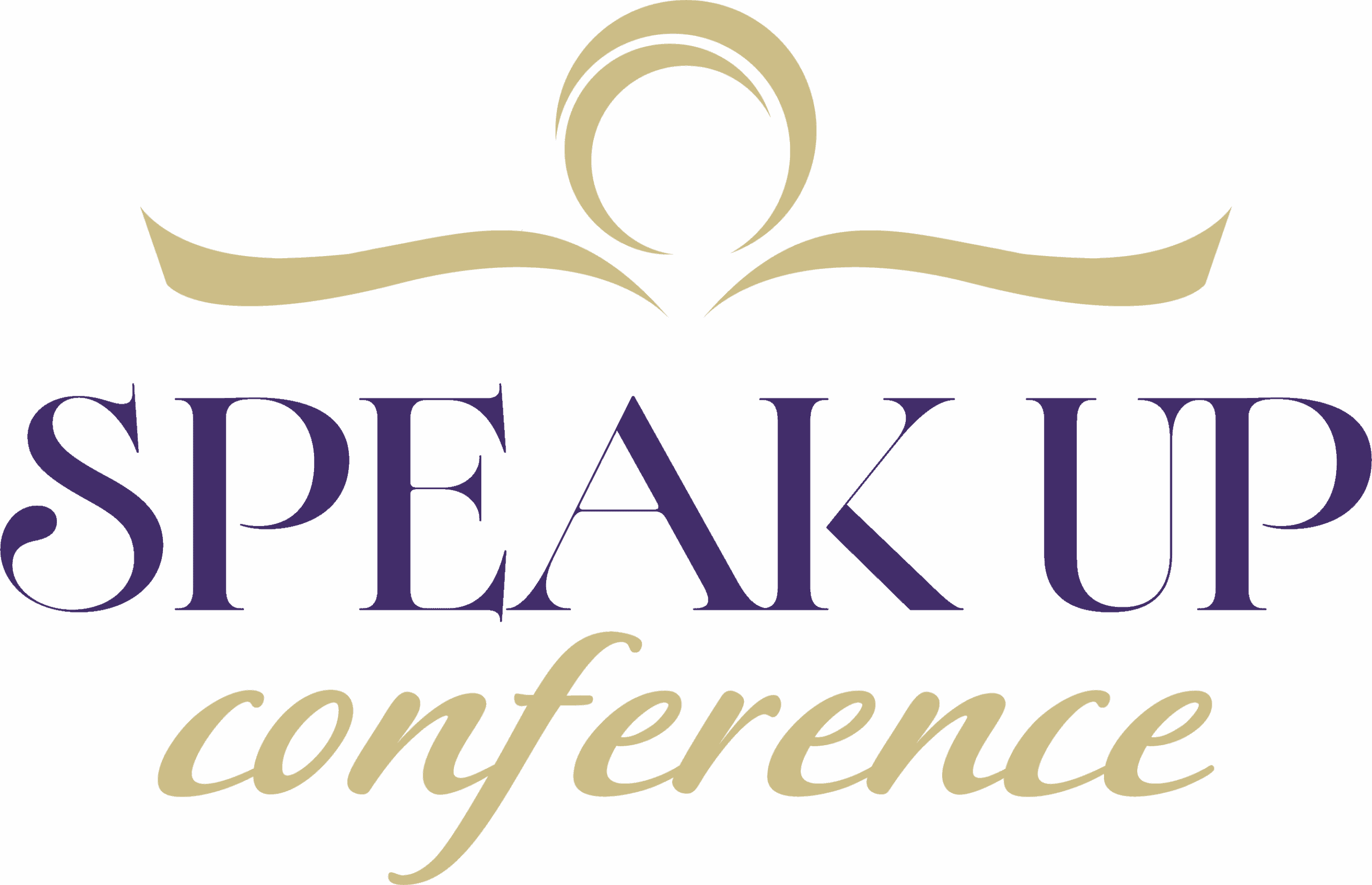
Writers and speakers are storytellers by nature. We collect moments and conversations, glimmers of God’s grace and glimpses of our own weakness. We live with a constant tug—this could help someone. This might set another heart free.
But sometimes, the story that burns inside us isn’t ours alone. It belongs to someone we love—a child, a spouse, a parent, or a friend—and their story intersects ours in tender, complicated ways.
What happens when the story you’re living can’t be told?
I’ve made this mistake, and the cost has been steep. I once shared a story I had permission to tell, but the same story now causes pain for someone I love. It was never my intent to wound, yet the ripple effect of my words still lingers.
If you’ve been there—or if you’re wondering when and how to tell a story that includes others—please hear me: some stories can wait.
They must wait. And waiting doesn’t mean failure or fear. It means wisdom. It means love.
Below are three questions I’m learning to ask before sharing a story that isn’t mine alone.
- Is this story mine to tell right now?
Many of our stories are woven together with the lives of others. Even if we were the primary one who experienced it, we have to ask—who else might this story affect?
Just because you lived it doesn’t mean it’s time to tell it. Sometimes, our stories are still unfolding. Sometimes, the people involved are still tender, or not yet ready for their lives to be visible to an audience.
Ask yourself:
- What is my motivation for telling this story now?
- Am I seeking to heal, or to prove something?
- Would telling this story expose or embarrass someone I love?
If your answer includes “it could hurt them”—pause. Your obedience to God in the waiting is as sacred as your obedience in the telling.
- Does the person involved feel truly free to give (or not give) permission?
We often think of permission as a simple “yes” or “no.” But for the people closest to us—especially our children—that “yes” may come with unspoken pressure
When someone we love knows we’re a communicator, they might agree out of loyalty, not readiness. They might say “yes” because they want to support us, not because they understand the reach or permanence of publication.
Before sharing, consider:
- Could they withdraw their consent later and feel hurt or betrayed?
- Are they old enough, mature enough, or emotionally stable enough to understand the scope of what’s being shared?
- If I shared this story without their name attached, would it still carry the same message?
True freedom means the person involved can say “no” and know that our love and our calling will not be shaken.
- Could this story do harm, even unintentionally?
Words live longer than moments. Once a story is published or recorded, it can’t be pulled back. That’s why we must weigh the long-term impact over the short-term benefit.
Maybe the story shines a light on God’s faithfulness—but does it also highlight someone else’s failure?
- Maybe it demonstrates your growth—but does it open an old wound for someone still healing?
- Before you share, take your story to God in prayer. Ask Him for discernment. He knows the right time, place, and audience. He knows how to redeem what you surrender to Him.
When in doubt, choose silence that protects over words that pierce.
A Few Other Questions to Consider Before You Share
If your story touches someone else’s life, wisdom asks even more questions:
- Could this story’s reach or permanence cause regret later? Before you share, take your story to God in prayer. Ask Him for discernment. He knows the right time, place, and audience. He knows how to redeem what you surrender to Him.
- Is the person still healing, or is reconciliation unfinished?
- Am I emotionally far enough removed to tell this with grace?
- Would the person be identifiable even if unnamed?
- Does the story serve others more than it costs them?
- Have I prayed and truly sensed God’s peace about sharing it?
A gentle pause for reflection may protect the people we love most.
When the story must wait.
Waiting doesn’t mean the story loses power. It means God is still writing.
You might journal privately for now, or share in small, trusted circles. Cautiously, you can write with blurred edges—protecting identities, changing timelines, focusing on the truth of what God taught you rather than the details of who and how.
Sometimes, years later, you’ll return to that story with fresh perspective and see how God has completed the work. Then, your story will not only carry truth—it will carry grace and peace.
Friends, our greatest testimony isn’t that we tell everything. It’s that we communicate truth with compassion and wisdom. And wisdom guards the stories that need time to develop.
If you’re holding a story close to your chest right now, you’re not less obedient or less brave. You’re choosing love. And in the right season, when the hearts involved are healed and the story has ripened, you’ll know.
Until then, some stories can wait.
Question: Have you ever struggled with the timing around sharing a story—either telling it too soon or waiting too long—or perhaps not sharing it at all? What did that experience teach you?

Searching for a thoughtful gift that speaks to her heart?
Discover the NEW Moments of Grace devotionals—beautifully designed, story-based books for women, moms, grandmas, teachers, and more.
Gift-sized with a leatherette cover and ribbon bookmark.
Special Offer: Save 25% at Carol’s website. Also on Amazon.

About Lee Nienhuis
Lee Nienhuis is an author, speaker, and Bible teacher who helps women live courageous, connected, and kingdom-minded lives. She serves with Live Global, connecting North American churches with national partners around the world. Lee is the author of Brave Moms, Brave Kids and Countercultural Parenting. Connect with Lee at www.LeeNienhuis.com.

Oh, boy! This is truly a valuable post. Especially for those writing memoir, but also important for any of us writers who use life experiences to cultivate or illustrate our work. (I think that means just about all of us, at one time or another.)
This one’s a keeper! Thank you!
Yes, Lee. I shared in a published Bible Study the story of our son’s divorce and the custody battle of our 18 month old grandson.
I didn’t know the books would go beyond our area and now I am praying for God to protect those no longer in my life from any hurt.
My son gave full permission but I regret not asking his ex-wife!
Fortunately, the study directed all of us to understand that God is the one who is the judge, not me!
I now trust God that he will guard this story and use it to help others who are deeply hurt.
My intention was to show my own weakness and sin in my response to the divorce!
Thank you, Lee. This was powerful and so important.